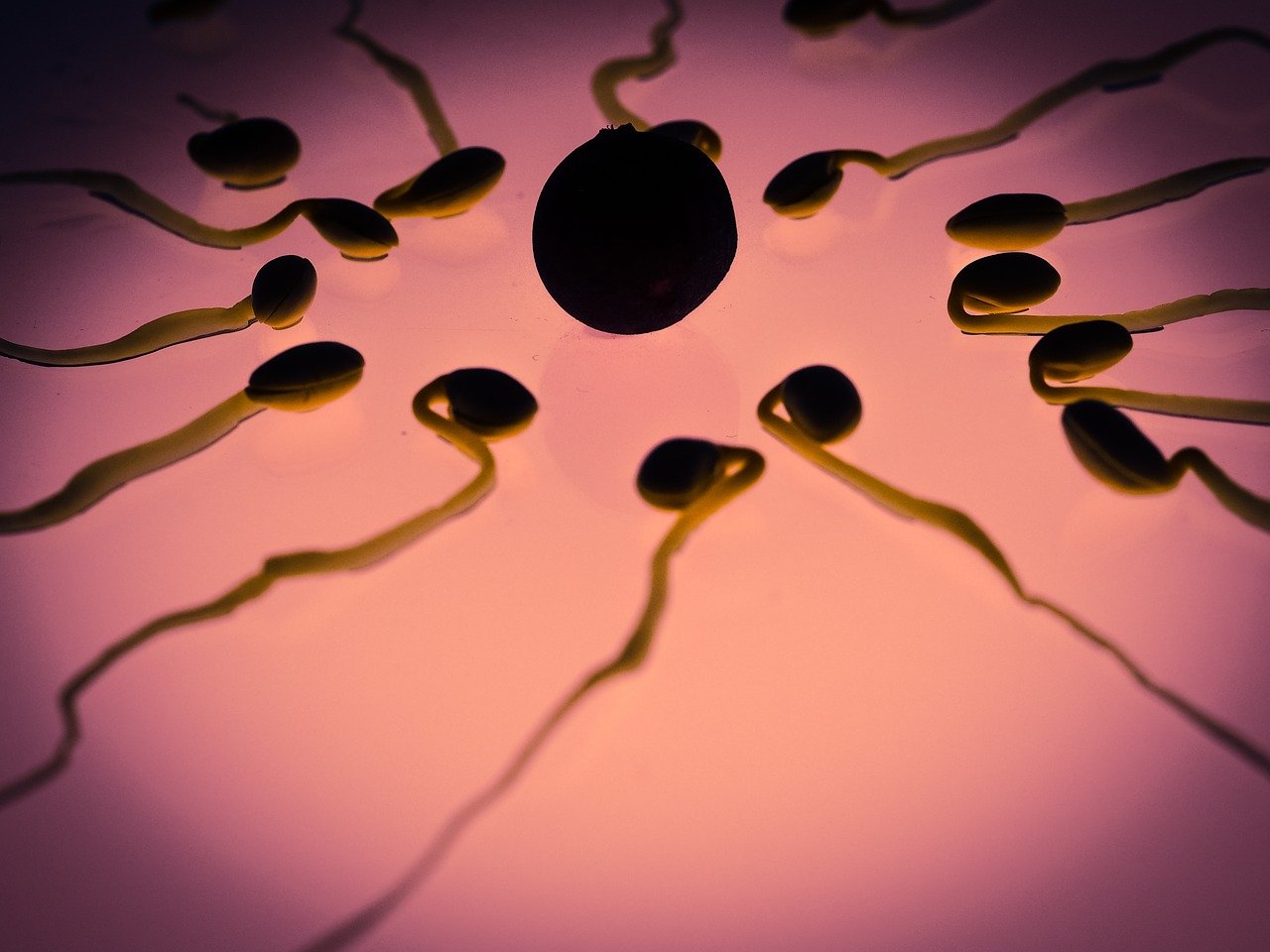Table of Contents
Overview
Infertility is defined as not being able to get pregnant despite having frequent, unprotected sex for at least a year for most couples. Some people show symptoms of infertility and some not which is very common. Infertility may result from an issue with either you or your partner, or both of you with a combination of factors. Fertility problems have become a major issue in the modern world, with more than 10% of couples having to deal with this problem. But the good news is there are many effective treatments available to improve the chances of getting pregnant.
Causes of infertility
Having a baby and getting pregnant is such a complex process that you can’t tell a single cause of infertility. Everything needs to be in a correct order from ovulation to fertilization in order to have a successful pregnancy. Sometime there is no cause of infertility in both men and women.
Causes of infertility in women
Here are some of the common causes of infertility in women.
- Ovulation problems like PCOD
- Hyperprolactinemia
- Thyroid problems
- Uterine or cervical abnormalities
- Fallopian Tube blockage
- Endometriosis
- Early menopause
- Any type of cancer or tumor
11 best fertility supplements to consider for improving reproductive health
Causes of infertility in men
Some of the men’s infertility causes include:
- Abnormal sperm production or function
- premature ejaculation
- Blockage in testicles
- Too much smoking and alcohol
- Certain cancer and related to its treatment
- Genetic problem
10 Symptoms of infertility in women
The main and obvious symptom of infertility is not getting pregnant after trying for a year. It is very common for women to experience the symptoms of infertility but many women shows no direct symptoms until they try to conceive.
Sometime the symptoms of infertility can be because of other medical conditions. It is difficult to detect infertility directly with the symptoms but these symptoms can be a cause of fertility issue and can affect your fertility in long term.
Some of the women infertility symptoms include:
1. Irregular periods
The length of menstrual cycle varies between individual. With the regular cycle, time between each period is almost same. With irregular periods, the cycle is so unpredictable that it’s impossible to know when the next one will come and it is difficult to detect ovulation. Irregular periods are caused by hormonal issues, thyroid issues or pcos – all of which can cause fertility issues.
2. Hormonal imbalance
Hormonal imbalance can make conceiving more difficult even can lead to infertility. There are many signs of hormonal imbalance in women for example dry skin, facial hair growth, hair thinning, sudden weight gain, severe acne, nipple discharge constant fatigue, headache and edema etc.
14 Natural ways to increase fertility and get pregnant fast
3. Long and heavy periods
Women who experience very heavy, painful periods may be showing signs of endometriosis or fibroids in the uterus which is a condition where tissues usually found in the womb are present elsewhere in the body. However, Endometriosis is one of the most common reasons of women’s infertility.
4. No periods
When a women miss one or more period in a row that condition is defined as Amenorrhea, which can cause difficulty in conceiving. Temporary life stress or over exercising may cause you to occasionally skip a period however if you skip 2 or more period in a row, it’s a good idea to check with the doctor.
5. Discharge for nipple
Prolactin is a hormonal in body that is responsible for nipple discharge. Prolactin is a hormonal that helps in ovulation too. If you are having discharge from nipple which is not related to breastfeeding, that can be because of prolactin and hormonal problems which are the reason of infertility. Hyperprolactinemia, a condition in which you have too much Prolactin can interfere with ovulation.
6. Pain during sex
Painful sex for women is not normal, some women thinks that it’s just a part of life for them but its not. It may actually point to an underlying condition, such as endometriosis or pelvic inflammatory disease. So it’s important to check with your doctor if you are experiencing painful sex often.
7. PCOS
PCOS (Polycystic ovary syndrome) is one of the most common, but treatable, causes of infertility in women. In women with PCOS, the hormonal imbalance interferes with the growth and release of eggs from the ovaries (ovulation). If you don’t ovulate, you can’t get pregnant. Check with your health care provider for the suitable treatment for you.
15 things to consider while trying to get pregnant
8. Vaginal infection and itchiness
Vaginal itchiness and soreness with the white discharge can be vaginal infection which should be treated on time to prevent serious problem like chlamydia, gonorrhea, and mycoplasma can eventually lead to infertility.
9. Obesity
Obesity, also called corpulence or fatness, which can negatively affect your chances of conceiving. Women who are overweight have a lower probability of conceiving and are at a higher risk for issues during pregnancy than those without weight issues.
10. Other medical conditions
Some medical conditions that can affect fertility in women are:
- Thyroid problems
- Fallopian Tube blockage
- Endometriosis
- Any type of cancer or tumor
7 Symptoms of infertility in men

Men’s infertility may go unnoticed until they tries to have a baby. Some of the symptoms if infertility in men includes:
1. Hormonal imbalance
Hormonal imbalance can affect fertility in men also like women. Testosterone is a hormone that is responsible for male fertility, so problem with this hormone may lead to infertility. Other hormone like LH and FSH are responsible to make sperm. Any kind of hormonal imbalance can make it difficult to have a baby.
2. Changes in sexual desire
Sexual desire is often associated with hormonal functions however any changes in that can be caused by hormonal issues which could indicate issues with fertility.
Are you Trying to get Pregnant? Increase the Chances of getting pregnant naturally
3. Obesity
Obesity or overweight can also affect reproductive health in men like women. It can affect the sperm quality and can also cause sexual dysfunction.
4. Erectile dysfunction
A man’s ability to maintain an erection is often linked to his hormone levels. Hormonal changes, psychological factors, or physical issues may make it difficult to get or keep an erection. However, If this becomes a regular occurrence, it may interfere with sexual intercourse or be a sign of an underlying issue.
5. Problem with ejaculation
Having difficulty ejaculating or noticing changes in the ejaculate can also be sign of infertility.
6. Pain in testicles
Swollen, painful, or tender testicles may be a sign of an underlying issue, such as an infection, that can also impact sperm quality and male fertility.
7. Testicles health
Healthy testicles are an important aspect of male fertility. Small or firm testicles that feel “tight” may be another sign of hormone issues.
Other factors in women and men infertility
There are some of the external factors also that affect reproductive health like
- Age
- Genetics
- Smoking
- Poor diet
- Alcohol consumption
- Physical activity
- Certain medications
- History of sexually transmitted infections
When to see a doctor
On an average it can take up to 6 to 12 months.
- Check with your doctor if you are trying from more than 12 months and your age is less than 35. But if your age is more than 35 then it is advised to wait only for 6 months. But still it’s not a standard time lines and don’t be stressed about these also because stress can also delay the process.
- If you think that u can have some fertility issues then go to the doctor and check for fertility tests.
- If you have any genetic or medical condition.





